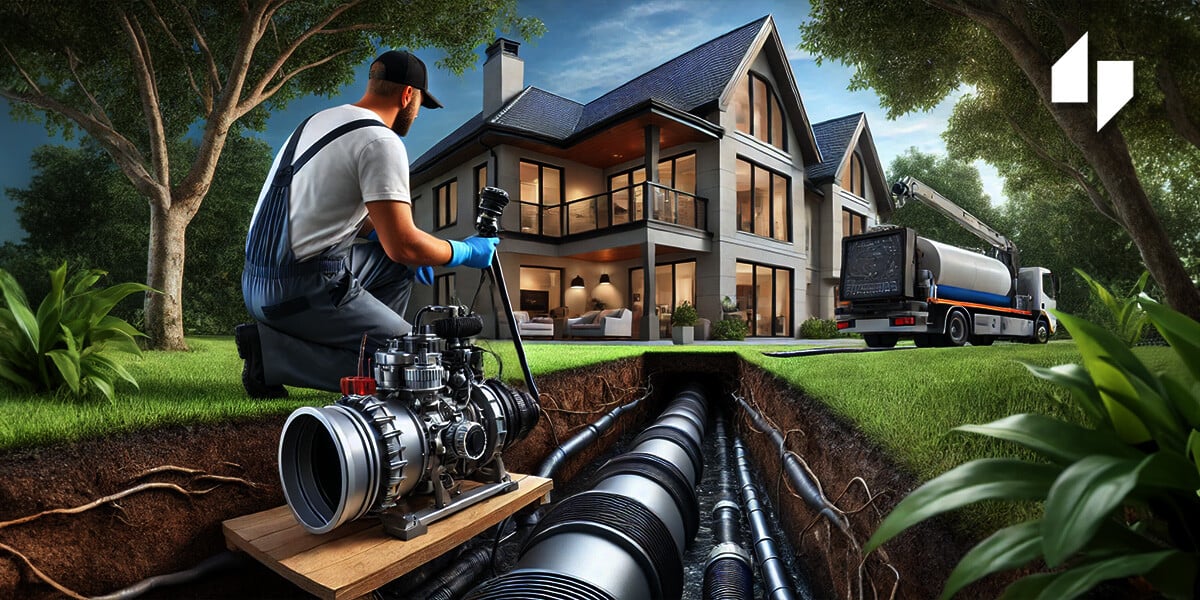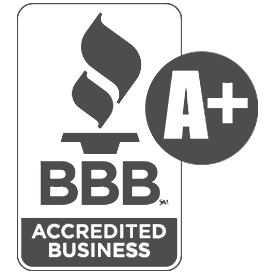Sewer System Insights Every Homebuyer Should Know in 2025
When purchasing a home, it’s easy to focus on aesthetics and layout while overlooking less obvious factors like the sewer system. However, understanding the property’s sewer setup is crucial to avoiding costly surprises and ensuring your home operates smoothly. This guide highlights what every homebuyer should know about sewer systems before closing the deal in 2025.
Types of Sewer Systems
Homes generally rely on one of two sewer system types:
-
Municipal Sewer Systems: These connect to a city’s public infrastructure. Homeowners are responsible for maintenance from the home to the connection point.
-
Private Septic Systems: A self-contained system on the property, requiring regular pumping and inspections to avoid issues.
Knowing which type your prospective home uses will help you plan for future maintenance and costs.
Common Sewer Problems to Look Out For
-
Tree Root Intrusion: Tree roots can penetrate sewer lines, causing blockages and structural damage.
-
Aging Pipes: Older homes often have outdated piping materials that may corrode or collapse over time.
-
Clogs and Backups: Improper use or lack of maintenance can lead to significant blockages.
-
Septic System Failures: Neglecting regular maintenance can cause leaks, overflows, or contamination.
How to Assess the Sewer System
To ensure your potential new home’s sewer system is in good condition, follow these steps:
-
Request Maintenance Records: Ask the seller for a history of repairs, pumping, or upgrades to the sewer system.
-
Conduct a Sewer Camera Inspection: Hire a professional to inspect the pipes for hidden damage or blockages.
-
Evaluate Local Regulations: Understand any rules or requirements specific to the property’s sewer system.
-
Inspect the Septic System: If applicable, ensure the system has been recently serviced and meets local standards.
Protecting Your Investment
-
Negotiate Repairs or Credits: Use inspection findings to negotiate repairs or closing cost credits with the seller.
-
Purchase a Sewer Warranty: Some companies offer coverage for unexpected sewer line issues.
-
Plan for Regular Maintenance: Schedule routine inspections and pumping to extend the life of your system.
The Costs to Consider
Don’t forget to budget for potential sewer-related expenses, such as:
-
Inspection Fees: Professional sewer inspections typically cost $200-$500.
-
Maintenance Costs: Regular pumping for septic systems averages $300-$600 every 3-5 years.
-
Repairs: Sewer line repairs can range from a few hundred to several thousand dollars, depending on the issue.
Conclusion
Understanding the sewer system is an often-overlooked but essential part of the home-buying process. By taking proactive steps to assess and maintain this critical infrastructure, you can avoid unexpected costs and ensure your home is safe and functional. A little due diligence goes a long way toward protecting your investment and enjoying your new home worry-free.




